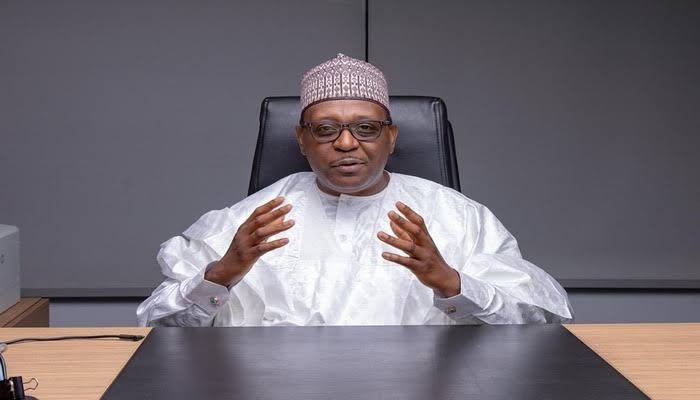News Investigators/ The Federal Ministry of Health and Social Welfare says it will host the National Health Financing Policy Dialogue from Sept. 1 to Sept. 4 in Abuja.
Kamil Shoretire, Director of Health Planning, Research and Statistics, made this known on Sunday in Abuja.
Mr Shoretire said that the dialogue would address the country’s persistent health financing challenges and chart a pathway to sustainable solutions.
He said that the dialogue would bring together policymakers, development partners, health financing experts, civil society, media, health insurance representatives, private sector players and academia.
He said that the gathering would translate high-level commitments into actionable strategies to strengthen Nigeria’s health financing architecture.
According to him, the National Health Financing Policy (NHFP) provides the framework for mobilising, pooling and allocating resources for healthcare delivery in Nigeria.
“It is designed to promote equity, efficiency, and financial protection, reduce the dominance of out-of-pocket spending, expand health insurance coverage and move the country closer to Universal Health Coverage (UHC).
“The four-day policy dialogue will allow stakeholders to share experiences, identify bottlenecks and propose reforms that can accelerate Nigeria’s health financing transition,” he said.
The News Agency of Nigeria (NAN) reports that despite several policy reforms, Nigeria continues to fall short of the 2001 Abuja Declaration, where African leaders pledged to allocate at least 15 per cent of their national budgets to health.
In contrast, Nigeria allocates less than 5 per cent of its budget to health, with public spending at about 0.5 per cent of GDP.
This has left households bearing the brunt of healthcare costs.
Data from the World Bank and other sources show that out-of-pocket expenditure accounts for about 76 per cent of total health spending in Nigeria, one of the highest in the world.
As a result, millions of Nigerians are exposed to catastrophic health expenditures, with healthcare costs pushing vulnerable families further into poverty.
In 2022, Nigeria signed the National Health Insurance Authority (NHIA) Act into law, making health insurance mandatory for all Nigerians and legal residents.
The law empowers the NHIA to regulate insurance providers and extend coverage to millions previously excluded.
Health experts said that the upcoming dialogue will be crucial in exploring how the NHIA Act can be fully implemented and how the Basic Health Care Provision Fund (BHCPF) can be expanded.
They said that innovative financing, including public-private partnerships, sin taxes and donor alignment, could help reduce the current financing gap
Mrs Maimuna Abdullahi is a Health Economist and Monitoring and Evaluation Specialist with the African Health Budget Network (AHBN).
She said that Nigeria could not achieve Universal Health Coverage without reducing the reliance on out-of-pocket spending.
“The dialogue is an opportunity to rethink financing models, strengthen accountability and ensure that health insurance truly works for the poor,” she said.
Civil society groups also stressed the importance of transparency and accountability, calling for reforms to ensure that resources earmarked for health reach frontline facilities where they are needed most.
NAN
